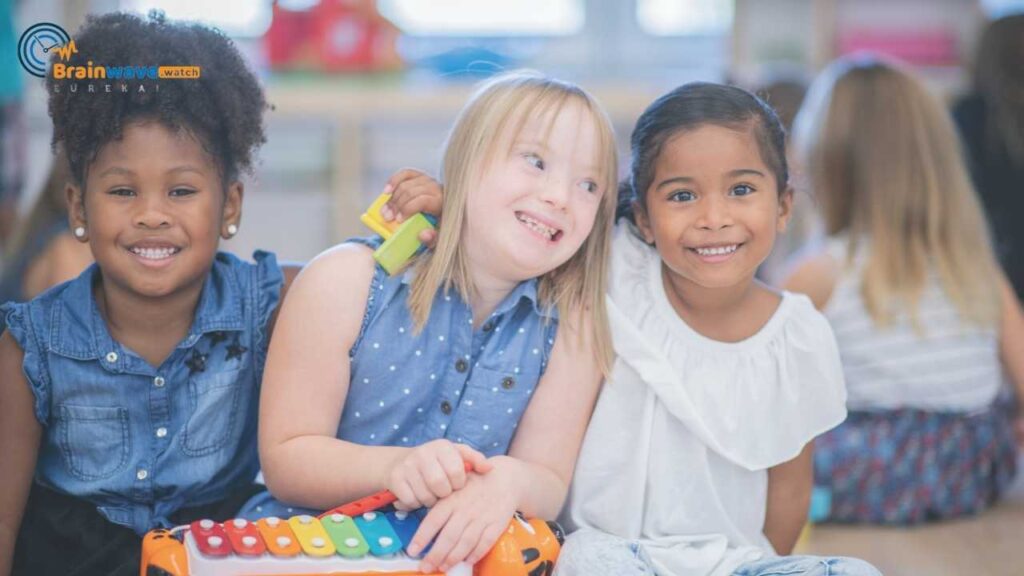Summer camp is an exciting time for all children, but for autistic kids, a little extra preparation can go a long way. This article tackles the all-important packing list, focusing on items that promote comfort, sensory needs, and a smooth camp experience for your autistic child. We’ll cover everything from clothing and toiletries to must-have comfort items and essential communication tools. Get ready to send your child off to camp with confidence, knowing they have everything they need to thrive!
Essential Items
When packing for an autistic child at summer camp, it’s important to include essential items that will help your child feel comfortable and safe. Here are some key items to consider:
Identification and Documentation
Make sure to pack identification and documentation for your child, including their health insurance card, medical information, and emergency contact information. This will ensure that camp staff have access to important information in case of an emergency.
Comfort Objects
Many autistic children have comfort objects that help them feel safe and secure. If your child has a favorite stuffed animal, blanket, or other comfort item, make sure to pack it for them. This will help them feel more at home in an unfamiliar environment.
Communication Aids
If your child uses communication aids, such as picture cards, a communication book, or an electronic device, make sure to pack them for camp. These aids will help your child communicate their needs and wants to camp staff and other campers.
Clothing and Accessories
When packing for an autistic child at summer camp, it’s essential to consider their sensory needs and any clothing preferences they may have. Here are some key items to pack in the Clothing and Accessories category:
- Weather-Appropriate Clothing: Pack clothing that is appropriate for the expected weather conditions. For example, if the forecast calls for hot and sunny weather, pack lightweight and breathable clothing. If the forecast calls for cooler temperatures, pack warmer clothing such as long-sleeved shirts and pants.
- Extra Sets of Clothes: It’s always a good idea to pack extra sets of clothes for your child in case of spills, accidents, or other mishaps. This can help prevent any discomfort or embarrassment for your child.
- Swimwear and Sun Protection: If the summer camp includes swimming activities, make sure to pack appropriate swimwear for your child. Pack sun protection items such as hats, sunglasses, and sunscreen to protect your child’s skin from harmful UV rays.
Consider packing clothing and accessories that are comfortable and familiar to your child to help them feel more at ease while at summer camp. Additionally, labeling your child’s clothing with their name can help prevent any mix-ups or lost items.
Health and Safety
When it comes to packing for an autistic child at summer camp, ensuring their health and safety is a top priority. Here are some things to consider:
Medication and Medical Supplies
If your child requires medication, make sure to pack enough for the duration of the camp. It’s also a good idea to pack extra medication in case of an emergency. Keep the medication in its original packaging and label it clearly with your child’s name, dosage, and any other important information. If your child uses medical supplies such as an inhaler or EpiPen, make sure to pack those as well.
Allergy-Friendly Snacks
If your child has food allergies, it’s important to pack allergy-friendly snacks. Check with the camp ahead of time to see if they can accommodate your child’s dietary needs. If not, pack non-perishable snacks that your child can eat safely. Make sure to label the snacks clearly with your child’s name and any important information about the allergy.
First Aid Kit
It’s always a good idea to pack a first aid kit for your child’s summer camp trip. The kit should include basic items such as band-aids, antiseptic wipes, and gauze. If your child has specific medical needs, make sure to pack any necessary supplies such as a thermometer or prescription ointment. Label the first aid kit clearly with your child’s name and any important medical information.
By packing these health and safety essentials, you can help ensure that your child has a safe and enjoyable summer camp experience.
Sleeping Arrangements
When it comes to sleeping arrangements for an autistic child at summer camp, it is important to consider their unique needs and preferences. Here are some key factors to keep in mind.
Special Bedding
Many autistic children have sensory sensitivities that can make it difficult for them to sleep comfortably. To help ensure a good night’s rest, parents should consider packing special bedding that meets their child’s needs. This might include a weighted blanket, which can provide a calming sensation and promote relaxation. Alternatively, a cooling mattress pad or pillowcase can help regulate body temperature and prevent overheating, which can be a common issue for some autistic children.
Nighttime Comforts
Parents should also consider packing other nighttime comforts that can help their child feel more at ease. This might include a favorite stuffed animal or blanket, which can provide a sense of familiarity and security. Parents may also want to pack a white noise machine or a set of earplugs to help block out any disruptive sounds that might interfere with their child’s sleep. Finally, parents should be sure to pack any necessary medications or supplements that their child takes before bed, such as melatonin or other sleep aids.
Activities and Downtime
Here are some suggestions for items to pack to ensure that your child is comfortable and engaged during their time at camp.
Sensory Toys
Sensory toys can be a great way to help children with autism regulate their emotions and stay calm in unfamiliar environments. Consider packing items such as stress balls, fidget spinners, or chewable jewelry. These items can provide a tactile outlet for nervous energy and help your child feel more comfortable in their surroundings.
Familiar Entertainment
Bringing along familiar entertainment can help your child feel more at ease during downtime. Consider packing a favorite book, movie, or music player. Having these familiar items on hand can provide a sense of comfort and routine, which can be especially important for children with autism.
Structured Activity Plans
Many children with autism thrive on routine and structure. If possible, try to obtain a schedule of the camp’s activities in advance. This will allow you to pack items that can help your child participate in these activities, such as appropriate clothing and equipment. Additionally, consider packing a visual schedule or other tools that can help your child understand the daily routine.







